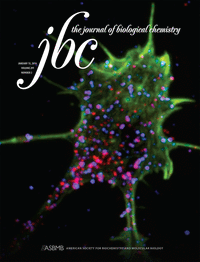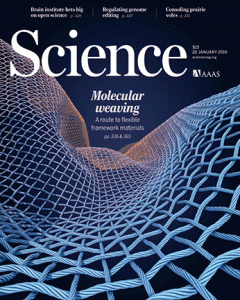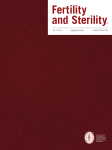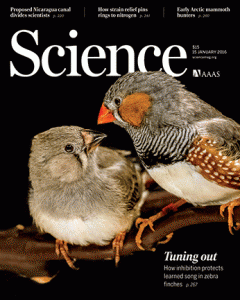 Last Friday we resurrected a previous feature of Retraction Watch, compiling five retractions that appeared to be simple acts of duplication.
Last Friday we resurrected a previous feature of Retraction Watch, compiling five retractions that appeared to be simple acts of duplication.
This week, we spotlight another five unrelated retractions which, as we said last week, cover duplications in which the same – or some of the same – authors published the same – or some of the same – information in two different papers.
Most duplications are straightforward — all authors simply send the same or similar study to two or more journals, a violation of most journals’ terms of use. For instance: Continue reading You’ve been dupe’d: Data so nice, you see them twice









